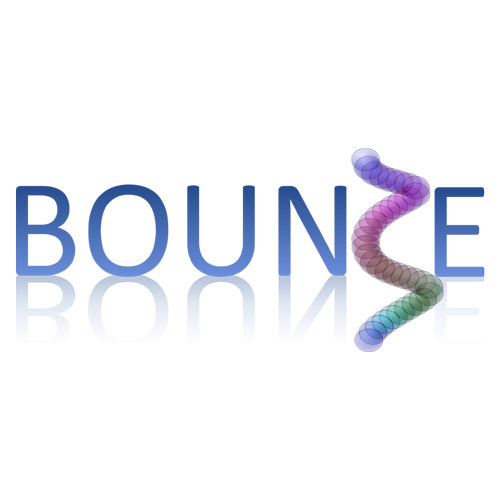Empowering women battling with breast cancer is widely recognized as a crucial step toward a successful recovery. Emphasis on empowerment represents a growing trend worldwide aspiring to place the patient at the center of health care. Amidst various definitions of this concept a number of key components are universally recognized, including knowledge and skills (of the patient) and available procedures in the health care system that would enable the person to take control over their health care needs. Experts further stress the need to actively engage persons most likely to benefit in the process of defining empowerment. The breast cancer survivors who attended the BOUNCE dissemination event at the Hebrew University, Jerusalem in Sept 2019, expressed their desire to be empowered by their physicians and other health providers by receiving timely information that would allow them to participate in decision making based on their capacity to understand. They acknowledged that having more detailed information of their health status, treatment options and alternative medical paths would be essential for empowerment. They also voiced the importance of an empathic approach by health professionals. The role of primary care physicians in the course of the illness and also in the more chronic care management was also emphasized.
Community-based networks and centers, including family, spiritual places, yoga classes, mentoring and volunteer groups for other survivors, were identified as ideal sources of support and empowerment, but also for imbuing meaning in their daily life. Interestingly, these types of community support groups were not only culturally sensitive to the needs of the individual patient, but also provided a platform for cross-cultural interactions and experience sharing, which created a sense of purpose and contribution to society despite the cancer diagnosis. See for example the case of two of our patient participants: https://www.lilith.org/articles/across-the-barrier/.
Studies on the use of technological tools to empower patients have demonstrated that co-production of ICT tools is paramount. The health literacy of patients is a key factor in translating knowledge into practice, helping to establish an optimistic view of daily living but also to effectively interact with the health care system and participate in co-decision.
There are also policy reforms that could enhance empowerment by making accessible and affordable community-based “enabling” spaces for cancer survivors, where they can engage in physical activity training, and practice mindfulness and yoga exercises, and provide volunteer opportunities in their local communities. These types of activities have been shown to build a sense of self-esteem and well-being, contributing to resilience over the life span.
By Prof Chariklia Tziraki-Segal, MD, PhD, Prof. Ruth Pat-Horenczyk, PhD, Hebrew University School of Social Work, Dr. Shlomit Perry, Davidoff Cancer Center
